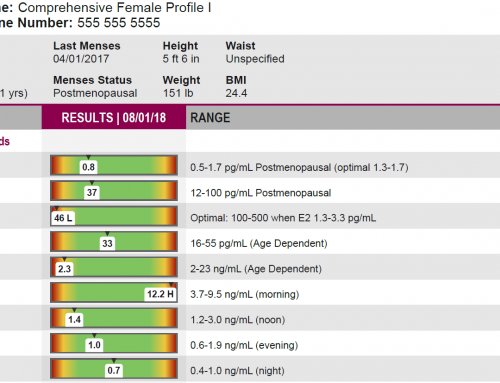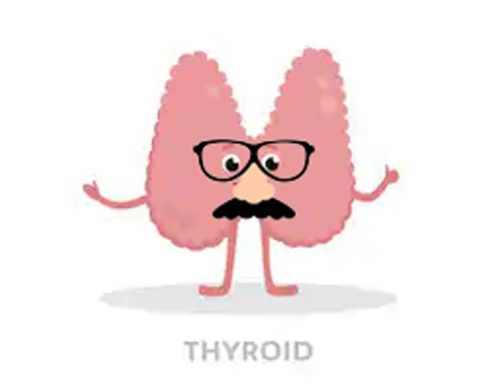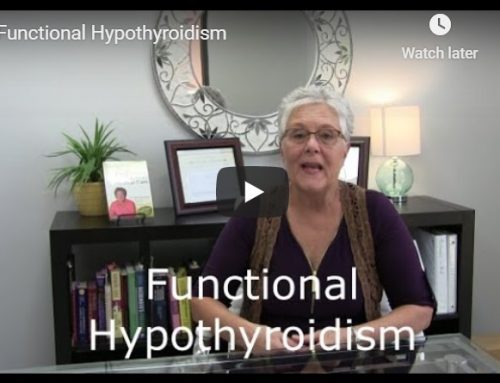by Dr. Tina Marcantel
Hashimoto’s disease is a thyroid problem that is often misdiagnosed or treated incorrectly in the medical community. Dr. Tina Marcantel is a naturopathic doctor in Gold Canyon, Arizona, who also serves the East Valley cities of Mesa, Tempe, Chandler, Apache Junction, and Queen Creek, and the greater Phoenix area.
Are you on antidepressants when the real problem is your thyroid gland? One of the symptoms of hypothyroidism can be depression, and many patients that come to me on antidepressants really need treatment for thyroid problems. So why is this often missed by laboratory testing?

Hashimoto’s thyroiditis is the most common type of thyroiditis covering approximately 80% of thyroid patients. It is an autoimmune disease in which the body turns against itself, creating antibodies that attack the thyroid gland. Most people with Hashimoto’s develop hypothyroidism and must take thyroid hormone replacement therapy.
Inflammation of the gland will initially cause the gland to go through a phase of hyperthyroidism that will eventually damage the thyroid and lead to a state of low hormone production. In a patient with Hashimoto’s, the doctor will feel a painless enlargement of the thyroid gland.
The diagnosis for Hashimoto’s disease is often missed in medicine or it’s treated incorrectly. The reason for this is because the patient may have a normal thyroid stimulating hormone (TSH) test, they can be in the normal range for free T3 and free T4, and normal range for T3 and T4. At that point their doctor may tend to rule out thyroiditis because of the blood tests. However, it’s important to also check the TPO antibodies (thyroid peroxidase antibodies) because they are an excellent indicator of Hashimoto’s. Sometimes the TPO antibodies are extremely high even though the other tests seem to be in the normal ranges.
Watch Dr. Marcantel’s 3-part video series on Hashimoto’s thyroiditis





